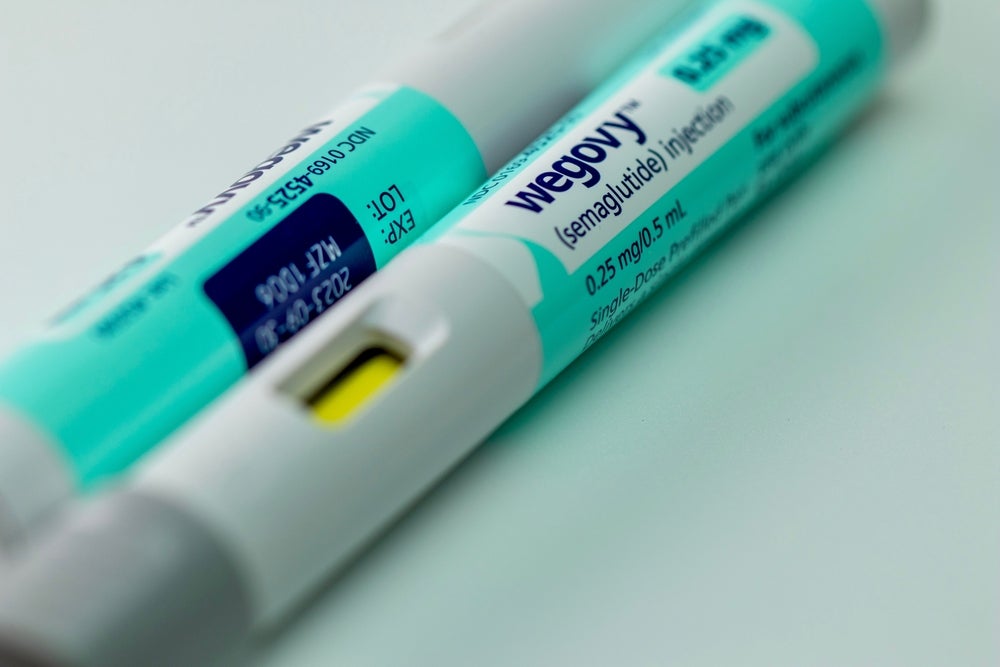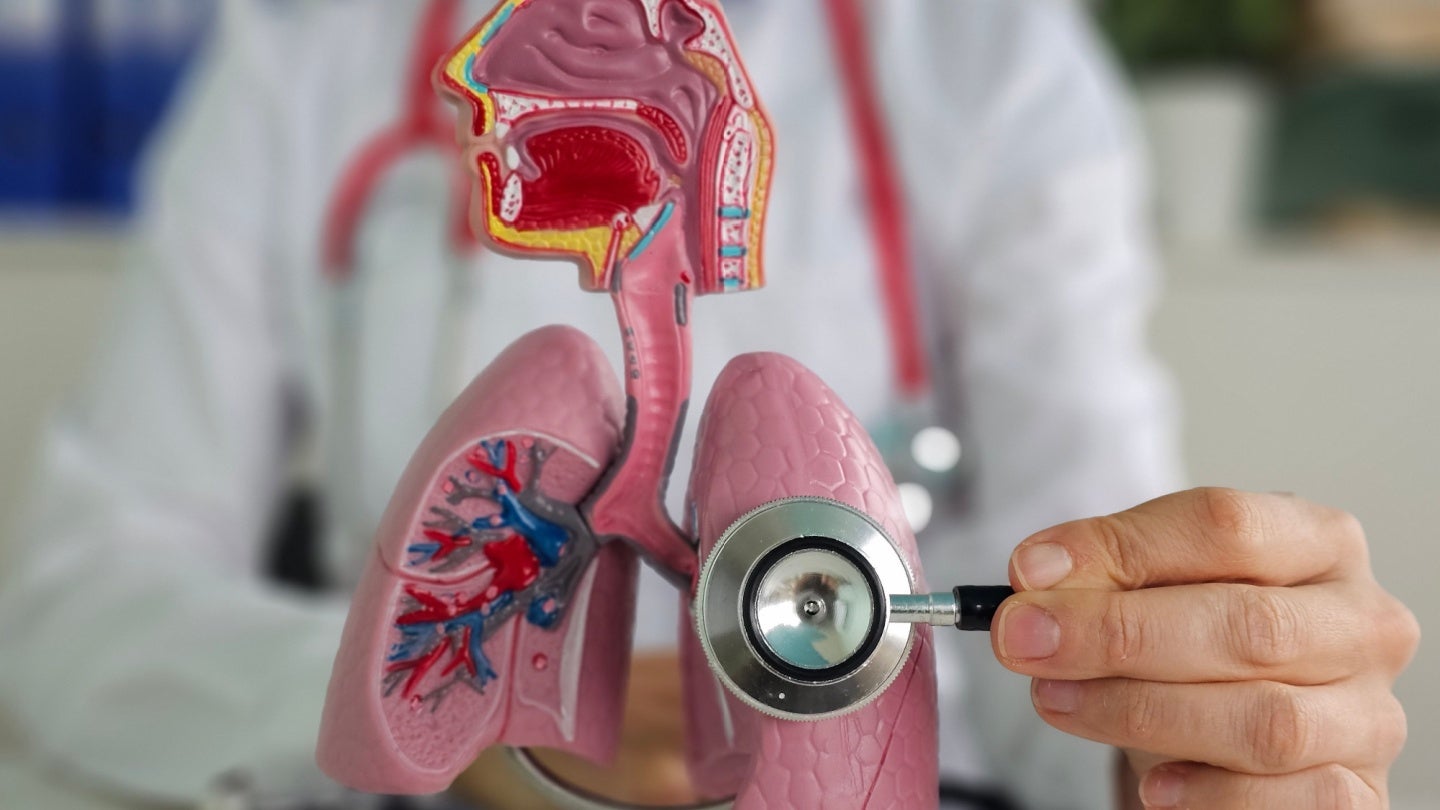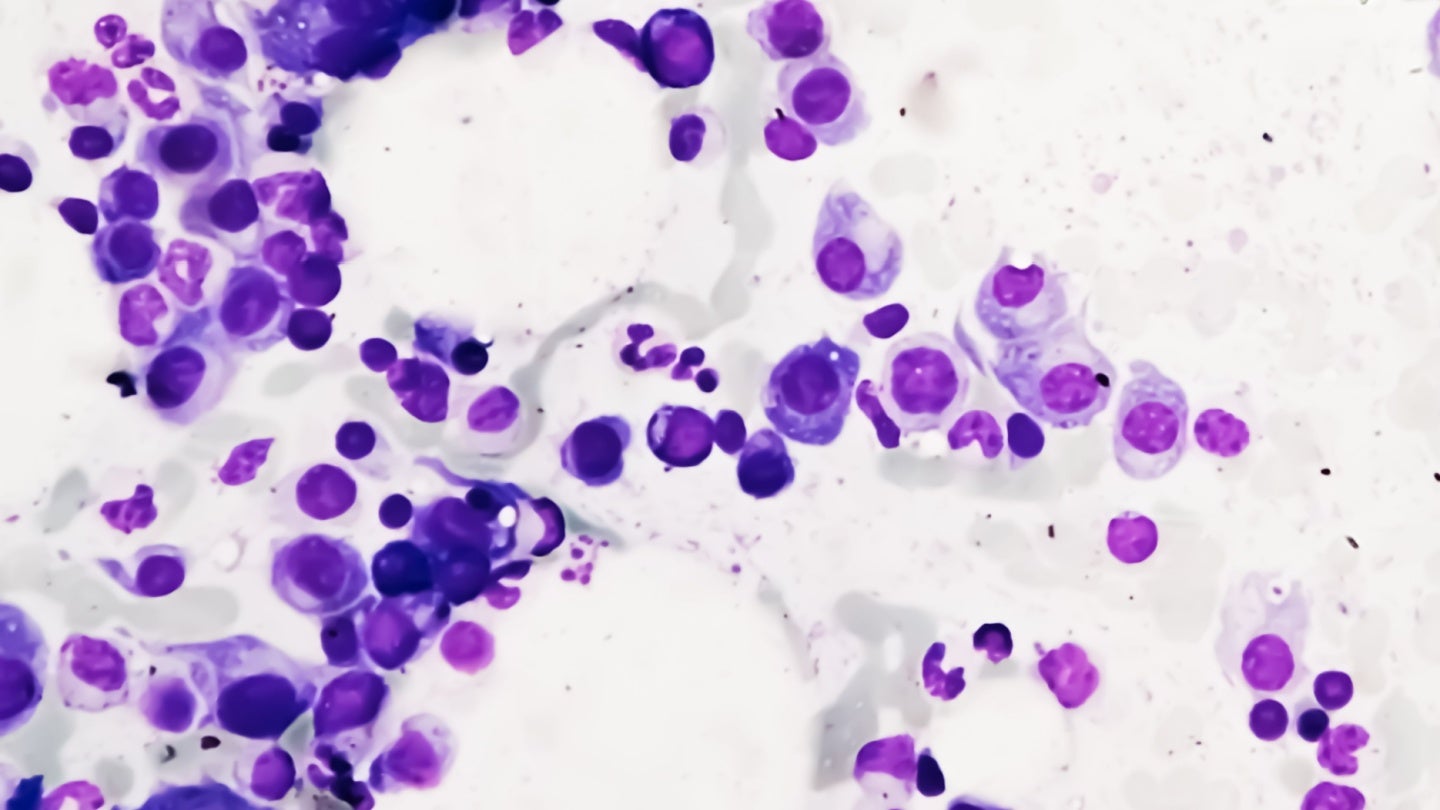Nido’s precision approach to brain drugs secures $109M debut
Amid the difficulties of the biotech market at present, investors are inclined to pursue safer alternatives, showing a preference for private biotechnology firms that possess more developed drug programs instead of early-stage and untested platforms. Startups that have drugs in or approaching clinical testing are more likely to secure funding successfully. Examples of such companies […] The post Nido’s precision approach to brain drugs secures $109M debut appeared first on LifeSci Voice.

Amid the difficulties of the biotech market at present, investors are inclined to pursue safer alternatives, showing a preference for private biotechnology firms that possess more developed drug programs instead of early-stage and untested platforms. Startups that have drugs in or approaching clinical testing are more likely to secure funding successfully. Examples of such companies include Acelyrin and Structure Therapeutics, which recently raised significant funds through initial public offerings by leveraging their drugs’ clinical studies.
Nido, a company with an early-stage drug and a group of investors supporting multiple financing rounds, aligns with this favorable profile. The foundation of Nido’s lead program stems from the research conducted by J. Paul Taylor, a co-founder of the company and a respected investigator at the Howard Hughes Medical Institute and St. Jude Children’s Research Hospital.
NIDO-361, the drug developed by Nido, employs a “corrector” strategy to tackle the genetic malfunction at the core of SBMA, also known as Kennedy’s disease. Individuals affected by SBMA harbor a gene mutation that triggers the production of a protein binding to androgen, a hormone crucial for male sexual development. This mutated protein detrimentally affects motor neurons located in the spinal cord, ultimately resulting in their gradual deterioration. According to the National Institutes of Health, SBMA is an uncommon disorder linked to the X chromosome, afflicting fewer than 1 in every 150,000 men. Nido aims to intervene before patients experience significant muscle movement loss, as SBMA progresses slowly over time.
Jeremy Springhorn, the CEO of Nido said, “The problem from a drug development perspective is that the neurodegeneration happens so quickly, the best you can hope for with therapeutic intervention is stable disease. We’re hoping that we’ll do better than that simply because the neurons haven’t died yet.”
Springhorn stated that the company aims to complete its Phase 1 study of the drug this year. Following this, their plan is to progress into further studies that can determine whether the treatment has the potential to slow down or even reverse the progression of the disease.
Springhorn, who joined Nido in early 2021, has a strong background in the pharmaceutical industry. Before joining Nido, he occupied high-level positions at Syros Pharmaceuticals, served at Flagship Pioneering, and dedicated more than ten years of his career to Alexion Pharmaceuticals.
Nido was established as part of 5AM Ventures’ 4:59 Initiative, an in-house company creation program. While the company has initiated fundraising for its Series B round, it has not yet concluded the funding. Bioluminescence Ventures is leading the Series B round.
In addition to its current drug program, Nido has plans to narrow down compounds and identify a second drug candidate in the coming year. The company has a range of research initiatives focused on neurodegenerative and inflammatory disorders, although the specific diseases being targeted have not been revealed at this point.
The post Nido’s precision approach to brain drugs secures $109M debut appeared first on LifeSci Voice.
What's Your Reaction?

































